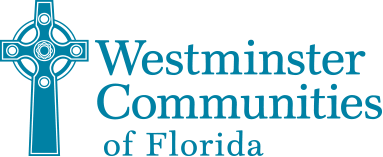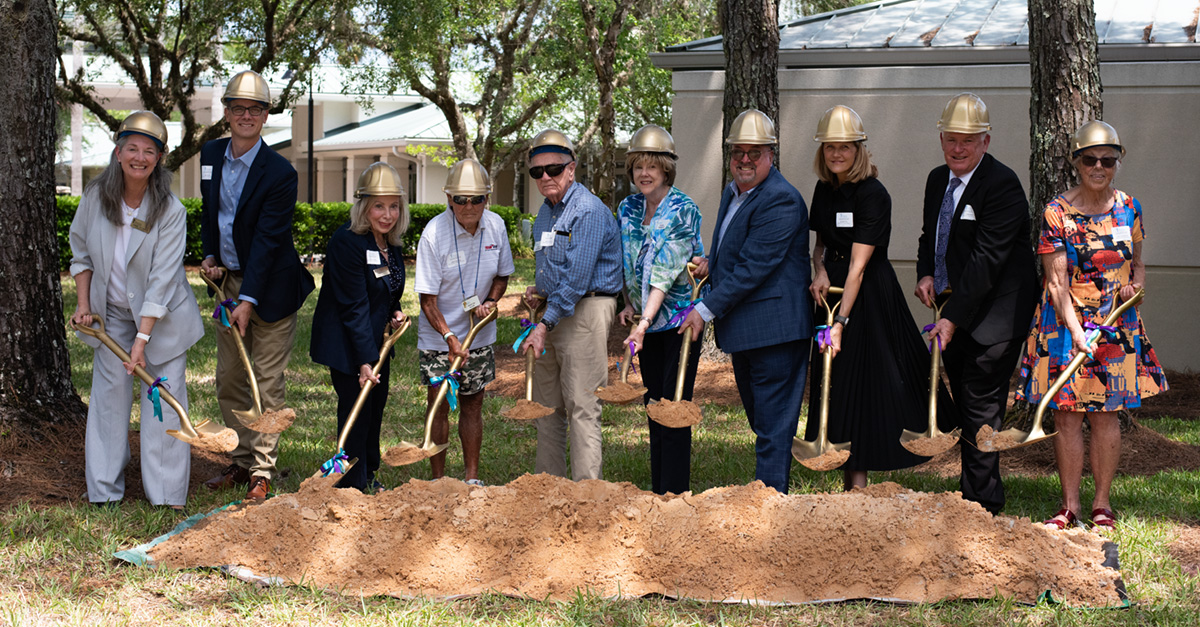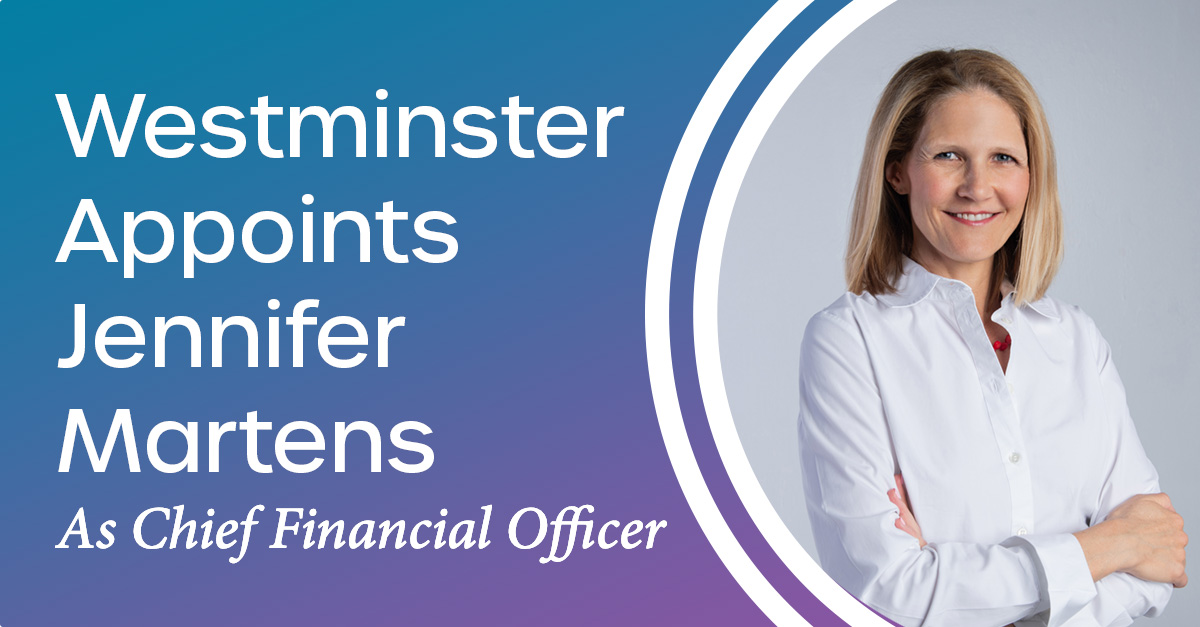It’s time we lay to rest the stereotype about seniors and technology where anyone over 80 is supposedly baffled by smartphones and needs their grandkids to program the TV remote. The reality we see in our Florida independent living communities is completely different from that outdated image.
More than 75% of seniors research their senior living options online, and 77% have smartphones.
Walk into an active, independent living community these days and you’ll find residents video chatting with grandkids in California, managing investment portfolios online, creating digital photo books, and rolling their eyes if the WiFi slows down.
Tech in Florida Senior Living Communities
The tech revolution in Florida’s independent living communities isn’t just about having decent WiFi anymore (though that’s still absolutely essential). Video chats, health and delivery apps, and digital organizers aren’t just cool gadgets. For seniors, even those living in communities with support services and staff, they can be independence extenders. They’re tools that help people maintain control over their environment even as physical capabilities might change.
Westminster Communities partners with Uniguest for an online resident communication platform that includes a robust digital signage and desktop computer application. Residents can find important community events, directories, add presentations and more, and connect with one another via their own online hub, called My W Life.
The Florida Connection Advantage
Especially in Florida, many seniors here have moved away from lifelong communities and family connections. The kids and grandkids are often hundreds or thousands of miles away. Before digital communication tools, this geographic distance created real challenges for maintaining close relationships.
Digital technology has completely transformed this reality. Regular video calls have replaced occasional phone conversations, creating much richer interaction that includes facial expressions, surroundings, and the ability to actually show rather than just tell. “Look at this painting I just finished” works a lot better when you can actually see the painting!
The communities that truly get this right don’t just provide the technical infrastructure (though that’s essential). They also offer the support and education that helps residents become confident digital communicators:
- One-on-one tech coaching sessions with staff who understand senior-specific learning needs
- Group workshops on popular platforms like FaceTime, Zoom, and social media
- Written guides with senior-friendly formatting (adequate font size, high contrast, clear language)
- Troubleshooting assistance when things inevitably go wrong
- Regular practice opportunities in low-pressure settings
This comprehensive approach helps bridge the confidence gap that sometimes exists between technical capability (“Can I figure out how to use this?”) and actual technology adoption (“Is this worth the effort to learn?”).
Digital Health Management
One of the most practical applications of technology in Florida’s independent living communities is digital health management. Gone are the days of shuffling through paper files to find old test results or playing phone tag with doctor’s offices for basic information.
Today, seniors can access and use patient portals and telemedicine platforms. These digital tools provide direct access to health records, secure messaging with healthcare providers, prescription management, appointment scheduling, and even virtual visits for appropriate care needs.
Residents gain greater control over their health information. Communication with healthcare teams improves significantly. Medication errors decrease. And perhaps most importantly for Florida seniors who often coordinate care between providers in different states, comprehensive health information becomes portable and accessible regardless of location.
But, the technology itself is only half the equation. The best senior living communities in Florida provide support services that help residents navigate these platforms effectively — privacy education, account setup assistance, and guidance on which health issues are appropriate for virtual care versus in-person visits.
Learning Without Limits
Remember when “lifelong learning” meant finding a class at the local community center that fit your schedule and hoping it was something you were interested in? Digital technology has completely exploded those limitations, and Florida’s forward-thinking senior communities are leveraging this potential in remarkable ways.
Online learning platforms provide access to thousands of courses from leading universities and experts worldwide. Virtual museum tours allow exploration of collections across the globe. Streaming services offer documentaries, performances, and educational content on demand.
The communities that maximize this potential have created tech-enabled learning environments that go far beyond just providing computers. They curate content specifically aligned with resident interests. They organize virtual learning groups where residents take online courses together and then meet to discuss the material. They connect with cultural institutions offering senior-specific digital programming.
This approach transforms technology from a passive entertainment medium to an active learning tool that keeps minds engaged and horizons expanding — all from the comfort of an independent living apartment in sunny Florida.
Creating Digital Legacies
Technology is also being used to create and preserve digital legacies. Residents are learning to digitize old photographs, record oral histories, create family trees, and compile written memories into formats that can be preserved and shared across generations.
These digital legacy projects serve multiple purposes. They provide meaningful creative outlets for residents. They preserve important family and historical information that might otherwise be lost. And they create precious resources for future generations seeking to understand their heritage.
The thoughtful communities support these efforts with more than just equipment — they provide structure, guidance, and purpose:
- Scanning stations for converting physical photographs and documents to digital formats
- Recording equipment for capturing oral histories and stories
- Software and instruction for organizing and annotating digital collections
- Cloud storage solutions for secure preservation
- Guidance on sharing options that respect privacy while ensuring accessibility for intended family members
These projects often become collaborative efforts that strengthen bonds between residents while creating connections across generations — a perfect example of technology enhancing rather than replacing human relationships.
Tech Support That Doesn’t Talk Down to You
If there’s one consistent complaint about technology support for seniors, it’s the condescending tone many providers adopt — speaking slowly, over-explaining basic concepts, and generally treating older adults as if they’re incapable of understanding.
Florida’s leading independent living communities have rejected this approach entirely. They’ve developed tech support services that treat residents with respect while still providing the specific assistance they might need:
- Resident tech committees that provide peer support from those who have already mastered certain platforms
- Professional support staff trained specifically in communicating technical concepts clearly without being patronizing
- Written resources that use straightforward language without unnecessary jargon but also without childish oversimplification
- Regular office hours for drop-in tech questions in comfortable, non-intimidating settings
- Specialized support for residents with sensory or dexterity challenges
This respectful approach recognizes that technology challenges for seniors typically stem from different exposure and learning needs rather than any lack of intellectual capability. When support is provided appropriately, technology adoption increases dramatically.
Finding a Tech-Forward Community in Florida
For seniors considering independent living options in Florida and valuing technology integration, assessing a community’s tech approach requires looking beyond basic amenities like “WiFi available.”
Instead, ask specific questions that reveal the depth of the technology commitment:
- Is WiFi available throughout the entire community, including outdoor spaces?
- What technical support resources are available to residents?
- How is technology integrated into health services, dining, transportation, and other aspects of community operations?
- What technology education programs are offered?
- How does the community evaluate and adopt new technologies as they emerge?
The answers will quickly distinguish between communities that view technology as an essential service versus those treating it as an afterthought or marketing checkbox.




